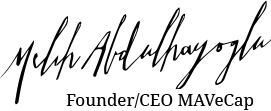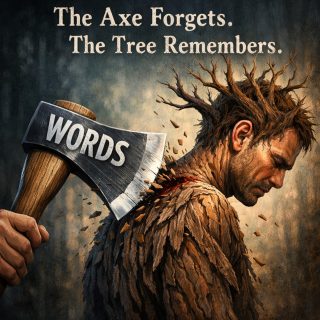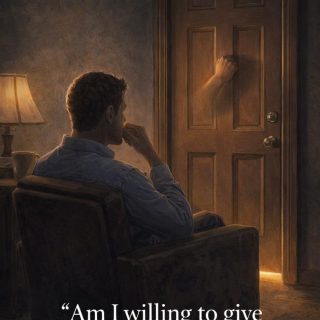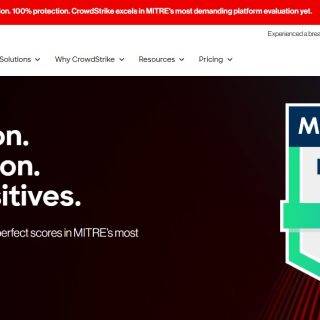
Throughout history, humans have relied on the simple heuristic of “trusting the messenger” as a means to navigate the complexities of information. This instinct, deeply rooted in our evolutionary past, has helped us manage the flow of knowledge in an increasingly complex world. But as we face a new era of information overload, this method is being put to the test in ways that our ancestors could never have imagined.
The Early Days: Trusting the Known Messengers
In the early days of human evolution, the sources of information were few and familiar. The “messengers” were people we knew—family members, friends, or leaders of our small communities. The brain, not designed to process endless streams of data, developed a shortcut: trust the messenger, and by extension, trust the information they provided. This system worked because the circle of trust was small and manageable. The information was local, and the messengers were well-known.
The Birth of Written Channels
With the advent of written language, the dynamic began to shift. The industrial revolution brought about the printing press, and suddenly, information could be disseminated widely and rapidly. Newspapers emerged as a new kind of messenger—an entity rather than a person. The brain adapted by extending its trust mechanism to these new channels. The circle of trust grew slightly, but it remained manageable. Humans still relied on a limited number of sources: the few newspapers they read and the people they knew personally.
The Explosion of Information Channels: The Internet Era
The internet has dramatically changed the landscape. Today, information comes not just from a handful of trusted sources but from countless micro-channels. Social media platforms, blogs, forums, and news sites bombard us with data at an unprecedented rate. Unlike traditional media, these platforms don’t create content; they simply provide the means for anyone to share anything with everyone.
This presents a new challenge: our brains, accustomed to trusting the channel rather than analyzing the content, are now faced with an overwhelming number of sources, many of which are unverified and unreliable. The instinct to trust the messenger is no longer sufficient.
The New Challenge: Analyzing Content
In the modern world, we can no longer rely solely on the channel to determine the validity of information. We must engage in the far more laborious process of analyzing the content itself. This is a significant departure from how we’ve operated for tens of thousands of years. It’s a challenge that our brains are not naturally equipped to handle, but it’s one that we must confront if we are to navigate the digital age successfully.
Thought Experiments: Testing the Limits of Trust
1. Question Everything: Spend a day not trusting any information you see. Question its validity and try to establish whether it is true or not. You might find that this task is more difficult than expected.
2. Blind Trust: Spend a week trusting every piece of information you encounter, no matter the source. Follow spam emails, believe in every rumor, and see where it leads you. This exercise can highlight the dangers of blind trust.
3. Distrust the Roads: Imagine driving for a day, following street signs and GPS directions, but assuming they are all false. How would you navigate? This thought experiment shows the importance of the channels we rely on.
4. Alien Abduction: If you were abducted by aliens and returned safely, how many of your friends would believe you? If the government confirmed your story, would more people believe? This scenario explores the role of authority as a trusted channel.
5. Government Deception: If aliens didn’t exist but the government claimed they did, how many would believe it? This reflects on how authority can manipulate the trust we place in channels, leading to widespread misinformation.
6. A World Without Lies: Imagine a world where lying didn’t exist. What aspects of society would become obsolete? This explores the impact of trust on societal functions.
7. A World of Lies: Conversely, imagine a world where everything is a lie. How would you navigate such a reality? This experiment examines the extreme consequences of lost trust.
Time to Start Thinking
As we continue to evolve in this digital age, the challenge is clear: we must move beyond trusting the channel and start thinking critically about the content itself. This shift is not just necessary but inevitable. Our survival in the information age depends on our ability to adapt our trust mechanisms to a world where the channels are no longer few and familiar but vast and varied. The shortcut of blindly trusting the messenger is no longer viable; it’s time to engage our brains fully and start analyzing the information we consume.



